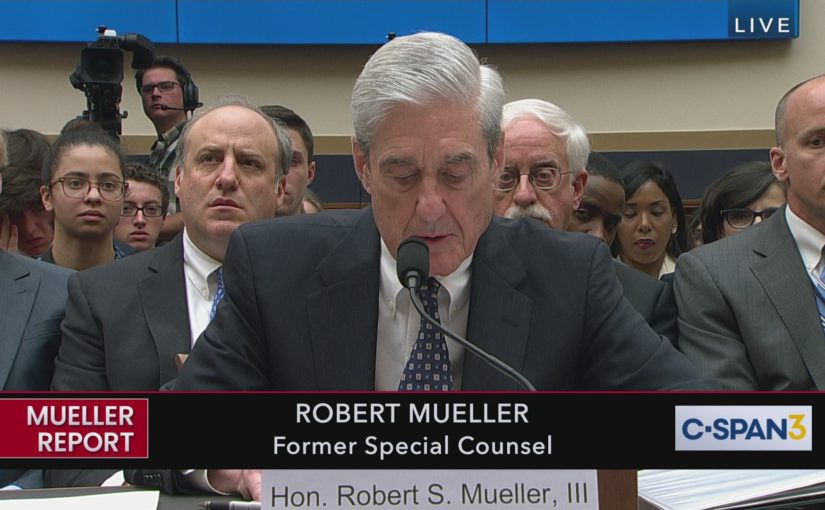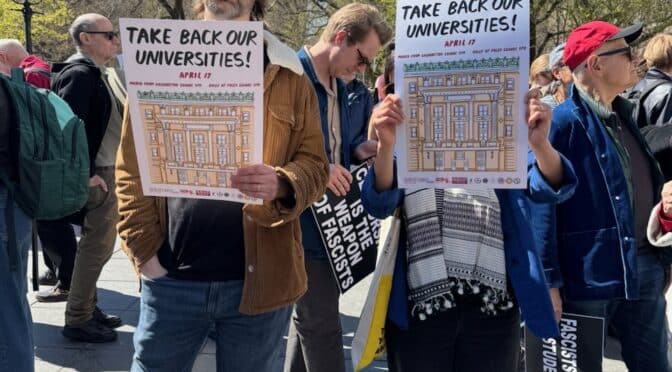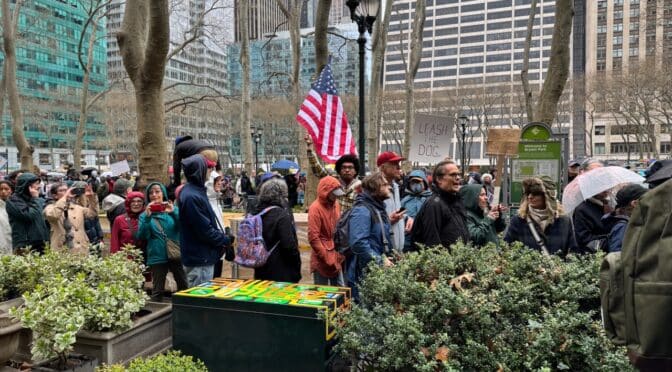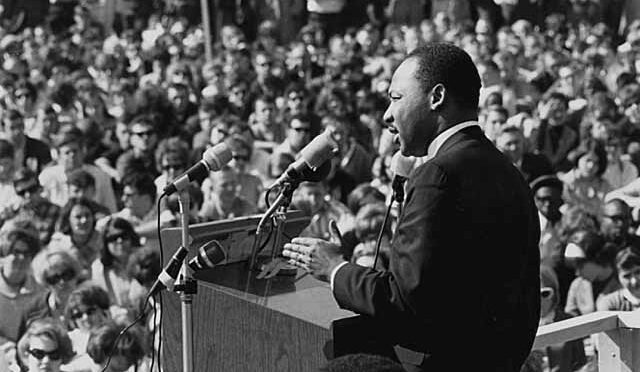Robert Mueller’s testimony before the two House committees disappointed, but the report issued by his team is clear and devastating. It’s lengthy and not bedtime reading. So we’ll present a few excerpts from the Mueller Report to help you make up your own mind about whether President Donald J. Trump obstructed justice.
First the Mueller Report lays out the definition of Obstruction of Justice.
Obstructive act. Obstruction-of-justice law “reaches all corrupt conduct capable of producing an effect that prevents justice from being duly administered, regardless of the means employed.” United States v. Silverman, 745 F.2d 1386, 1393 (11th Cir. 1984) (interpreting 18 U .S.C. § 1503). An “effort to influence” a proceeding can qualify as an endeavor to obstruct justice even if the effort was “subtle or circuitous” and “however cleverly or with whatever cloaking of purpose” it was made. United States v. Roe, 529 F.2d 629,632 (4th Cir. 1975); see also United States v. Quattrone, 441 F.3d 153, 173 (2d Cir. 2006). The verbs ‘”obstruct or impede’ are broad” and “can refer to anything that blocks, makes difficult, or hinders.” Marinello v. United States, 138 S. Ct. 1101, 1106 (2018)
Now here’s what the Mueller Report said about Trump’s attempt to fire the Special Counsel and stop the investigation.
“A threshold question is whether the President in fact directed McGahn [White House Counsel Donald McGahn] to have the Special Counsel removed. After news organizations reported that in June 2017 the President had ordered McGahn to have the Special Counsel removed, the President publicly disputed these accounts, and privately told McGahn that he had simply wanted McGahn to bring conflicts of interest to the Department of Justice’s attention.
See Volume II, Section II.I, infra.
Some of the President’s specific language that McGahn recalled from the calls is consistent with that explanation.
Substantial evidence, however, supports the conclusion that the President went further and in fact directed McGahn to call Rosenstein [Deputy Attorney General Rod Rosenstein, overseeing the Special Counsel investigation] to have the Special Counsel removed.
First, McGahn’s clear recollection was that the President directed him to tell Rosenstein not only that conflicts existed but also that “Mueller has to go.” McGahn is a credible witness with no motive to lie or exaggerate given the position he held in the White House.
McGahn spoke with the President twice and understood the directive the same way both times, making it unlikely that he misheard or misinterpreted the President’s request. In response to that request, McGahn decided to quit because he did not want to participate in events that he described as akin to the Saturday Night Massacre.
He called his lawyer, drove to the White House, packed up his office, prepared to submit a resignation letter with his chief of staff, told Priebus that the President had asked him to “do crazy shit,” and informed Priebus and Bannon that he was leaving.
Those acts would be a highly unusual reaction to a request to convey information to the Department of Justice.
Second, in the days before the calls to McGahn, the President, through his counsel, had already brought the asserted conflicts to the attention of the Department of Justice.
Accordingly, the President had no reason to have McGahn call Rosenstein that weekend to raise conflicts issues that already had been raised.
Third, the President’s sense of urgency and repeated requests to McGahn to take immediate action on a weekend–‘You gotta do this. You gotta call Rod.’–support McGahn’s recollection that the President wanted the Department of Justice to take action to remove the Special Counsel. Had the President instead sought only to have the Department of Justice re-examine asserted conflicts to evaluate whether they posed an ethical bar, it would have been unnecessary to set the process in motion on a Saturday and to make repeated calls to McGahn.
Finally, the President had discussed “knocking out Mueller” and raised conflicts of interest in a May 23, 2017 call with McGahn, reflecting that the President connected the conflicts to a plan to remove the Special Counsel. And in the days leading up to June 17, 2017, the President made clear to Priebus and Bannon, who then told Ruddy [Christopher Ruddy, a Trump supporter and Newsmax CEO] that the President was considering terminating the Special Counsel. Also during this time period, the President reached out to Christie [Chris Christie, Trump advisor, former prosecutor and New Jersey Governor] to get his thoughts on firing the Special Counsel. This evidence shows that the President was not just seeking an examination of whether conflicts existed but instead was looking to use asserted conflicts as a way to terminate the Special Counsel.”
We’ll publish more soon.




